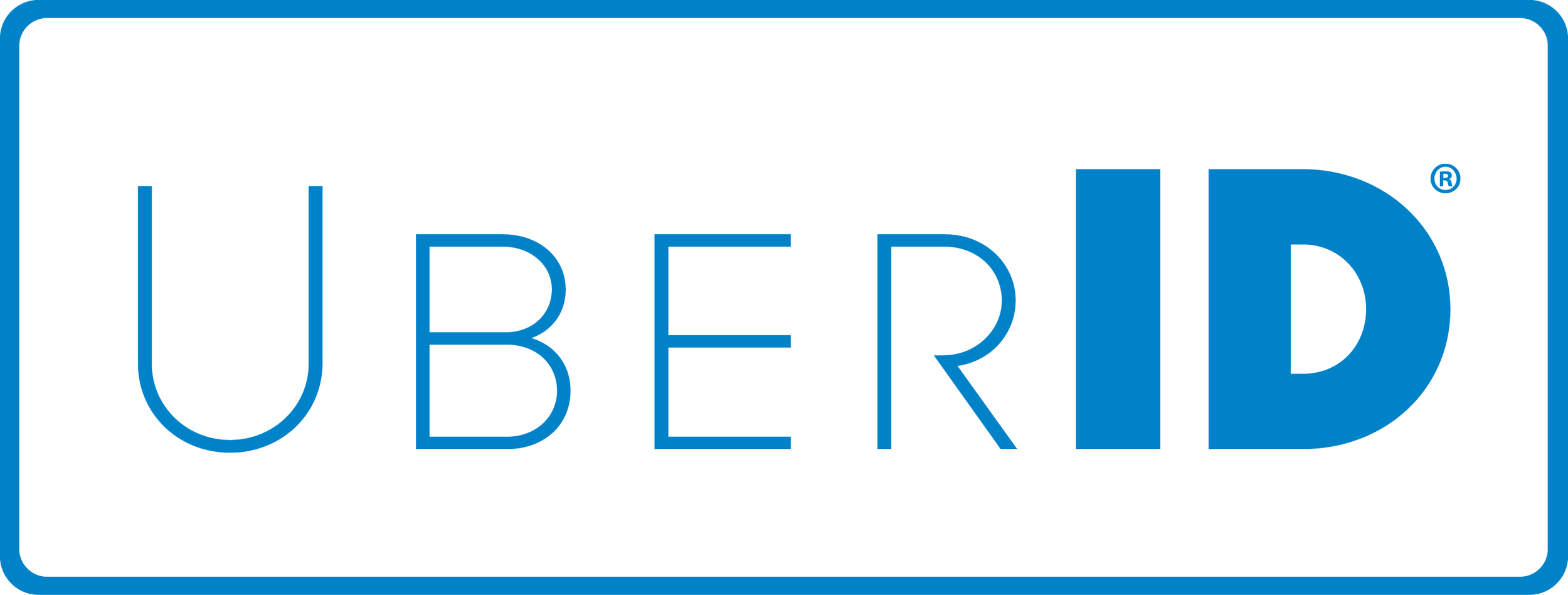We're All Connected, So Often Alone
In the past decade, the number of Americans with at least one social media profile has gone from 24% all the way up to 81%, as of 2017 according to Statista. Whether you’re sharing photos on Instagram, swapping messages on Facebook, or micro-blogging on Tumblr, social media is truly a part of our everyday lives, no matter age, gender, or geography.
While most social networks were conceived as a way to stay in touch with friends, they’re also often used by family members. However, as much as these platforms are designed to boost connectivity, social media has been criticized for encouraging people to present a ‘curated’ life, as opposed to reality.
This is why some family members will take key correspondence to other channels, like emails or messaging apps.
Online messaging – whether done through an app, emails, or social platforms – is particularly key when it comes to caring for loved ones. A shared platform that allows family members to stay on top of medications, doctor’s appointments, and so on, can be a critical part of that individual’s care plan, particularly if you’re separated by geographic distance.
Many families turn to platforms like Google Drive, Box, and Dropbox to share vital information and documents. These platforms have their drawbacks though. For one thing, they’re generic, and not specifically suited to maintaining someone’s health, tracking history, or being organized for medical personnel to access or review. They’re also not designed for protecting private information and could be prone to security risks.
An Alternative Way to Manage Care
If you are looking for another way to manage a family member’s health situation virtually, ideally it should accomplish the following:
- Provide security of sensitive / private medical information
- Track medications, allergies, vaccinations
- Maintain records of pre-existing conditions, procedures, medicines, vaccinations, and other medical data
- Send alerts in the event of an emergency or other personalized scenarios
UberID® actually does all of these things. As a secure consumer medical platform, it’s ideal for helping a loved one maintain their health records in an easily accessible format. Even if you can’t be there when something happens (or even just on a daily basis), ‘approved’ family members on an UberID user’s account can go in to update or maintain their loved one’s information, ensuring it’s always up to date for medical providers to access as needed.
You can also use UberID® to set up alerts to help everyone have a proactive role in your family member’s health. For example, if they’re required to take a medication at a certain time each day, you can have them trigger the alert to provide peace of mind that they’re caring for themselves. If you don’t receive an alert by a designated time, it can be a signal to pick up the phone and check in.
UberID® offers tracking services as well, to monitor your family member’s progress or decline, or specific metrics like their blood pressure.
Keeping Your Data Yours
While it can be tempting to use generic and supposedly ‘free’ platforms like Facebook or Google Drive for maintaining a family member’s medical records, it’s important to read the fine print. Many social platforms’ terms and conditions actually outline some level of that platform’s ownership of any data or information shared on their networks. In other words, you could be handing over ‘ownership rights’ to your personal medical details without even realizing it.
UberID® is an always-confidential HIPPA-grade system that allows you to retain 100% of data rights – and those rights will always be yours. UberID® is committed to meet or exceed the data protections and personal data ownership rights as defined in the European General Data Protection Regulation (GDPR) scheduled to come into effect on May 25, 2018. Before you think of sharing any medical information online, ensure you’re sharing it in a place that is secure and has your best interests at heart.
